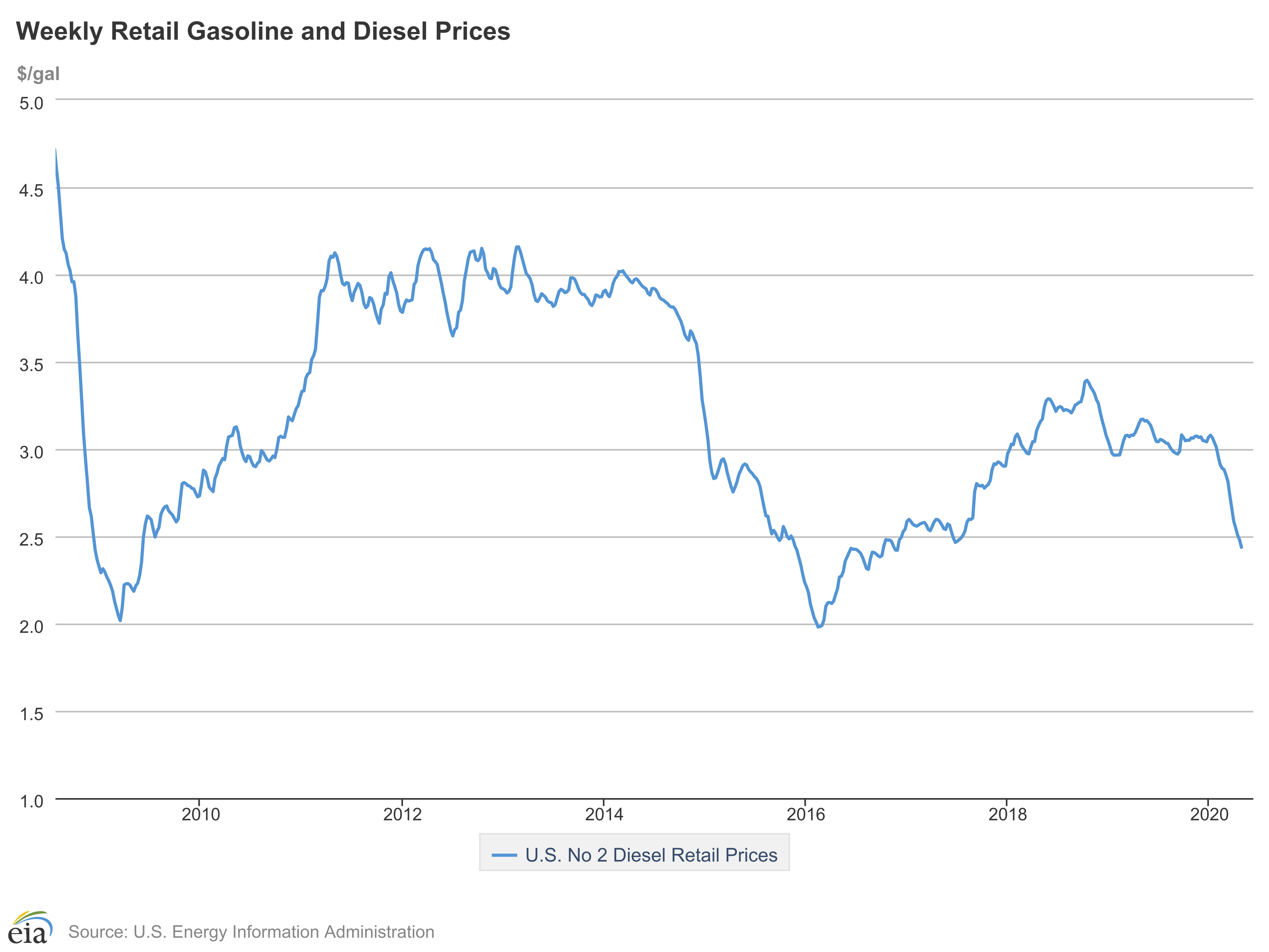Lawsuit
Fuel surcharges as a hidden profit mechanism.
For years, some large corporations have used fees they call “fuel surcharges,” “fuel recovery fees,” or “energy surcharges” to unlawfully pad their profits at their customers’ expense.
- Specialized in representing whistleblowers
- Proven success in complex litigation
- Uniquely client-focused
What is the lawsuit?
PriceArmstrong is bringing a class-action lawsuit against companies who have employed fuel surcharge fees as a hidden profit mechanism. PriceArmstrong attorneys have pursued class actions against these greedy companies, developing much of the case law in this field and recovering tens-of-millions of dollars. If you have been charged a “fuel surcharge,” “energy surcharge,” “fuel recovery fee,” or similar fee, you may be able to join or bring a class action and receive monetary compensation. Call us today to find out.
Fuel surcharges are illegitimate.
To most, “fuel surcharges” or “energy surcharges” may appear to be legitimate. Companies choose these names to make you think it is a legitimate charge related to increased fuel costs they incur in providing services. Many companies implemented these fees around 2005, taking advantage of the increase in gas and diesel prices which affected us all during that time. They claimed that they incurred unbearable fuel costs which put their existence at risk, and that they were forced to pass these costs to their customers through “fuel surcharges.”
Some companies attempt to justify their fuel surcharges by deceiving their customers by claiming that the charges “offset” or “adjust for” their fuel costs or increased fuel costs. But what companies often don’t disclose is that their “fuel surcharge” has absolutely no relationship to their increased fuel costs and was not designed to recover those fuel costs, it is simply a hidden profit mechanism.

Fuel costs don’t match fuel surcharges.

To support this claim that additional fuel fees are legitimate, companies often tie their fuel surcharges to a government index of fuel prices published by the Energy Information Administration (a department of the Department of Energy). This way, the fuel surcharge may vary when the DOE index rises or falls, which appears more reasonable to customers. Companies may even publish their own “fuel surcharge table” or “fuel surcharge index” which states what amount the fuel surcharge they charge is when the DOE index diesel price is a certain amount.
However, few if any companies which charge fuel surcharges actually pay the DOE-tracked fuel prices that supposedly determine their fuel surcharge. The DOE prices are retail prices, while these companies generally have the ability to leverage their purchasing power and buy fuel at lower prices or hedge against fuel price increases. In fact, many companies who claim their “fuel surcharge” allows them to cover incurred costs are companies that already recovered all such costs through the base prices and price increases they charge. As shown in the chart below from the EIA, fuel prices have decreased significantly since most fuel surcharges were imposed, yet companies still charge these sham fees to purportedly recover their “increased” costs.

Representing small businesses that have paid unjust fuel surcharges.
Small businesses have been unfairly targeted by corporations who are charging “fuel surcharges” as a way to extract more profit. They do so relying on misrepresentations and omissions, often while enforcing long contracts that give these customers no way out. Sometimes these fees will even appear on an invoice after never having been agreed upon. Fuel surcharges have gone from being “temporary” and “unavoidable” to part of the bottom line.
PriceArmstrong is representing those who have been wrongfully charged a “fuel surcharge,” “energy surcharge,” “fuel recovery fee”, or similar fee. Contact us today and you may be able to join or bring a class action and receive monetary compensation.